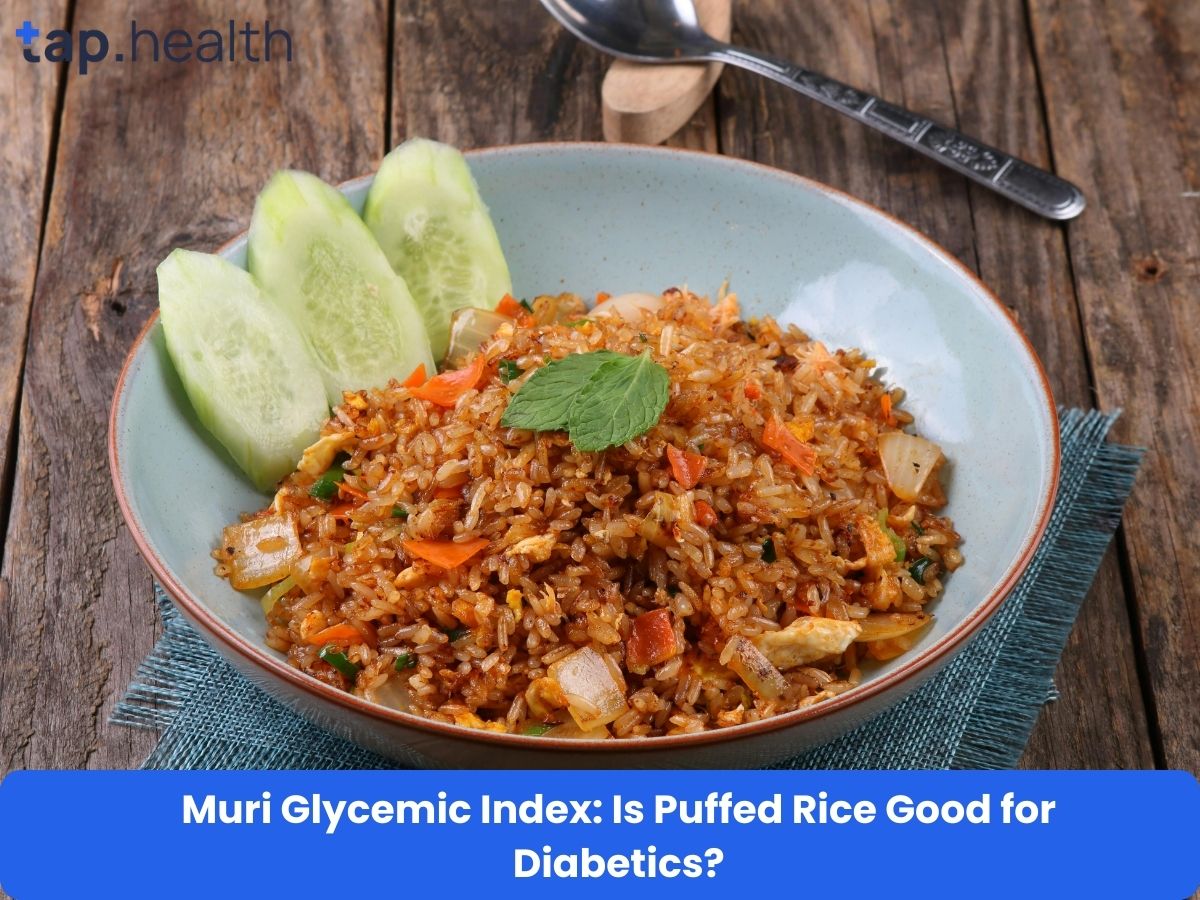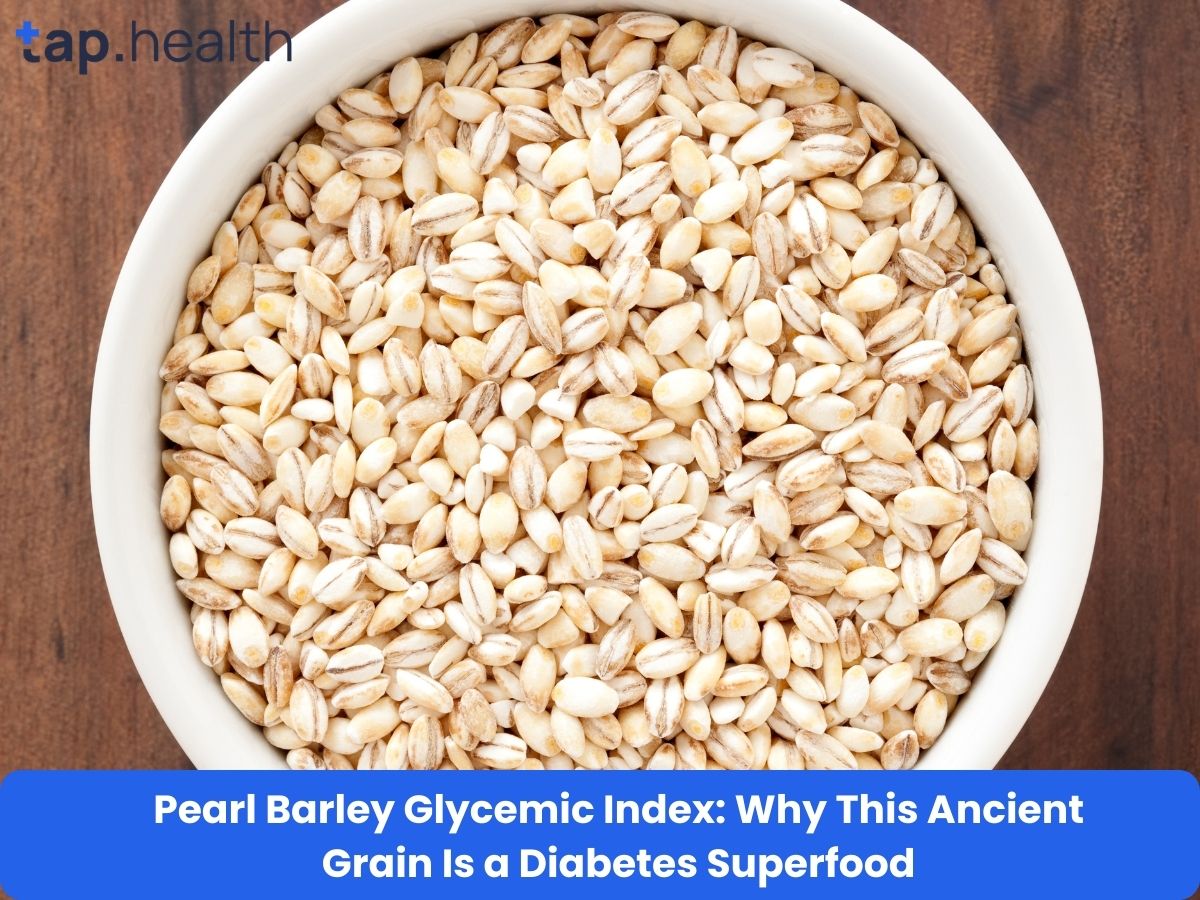Table of Contents
- Post-Bariatric Surgery: Gut Microbiome & Weight Loss
- How Gut Bacteria Impacts Weight Loss After Bariatric Surgery
- Diabetes & Weight Loss: A Gut Microbiome Perspective Post-Surgery
- Improving Gut Health for Better Weight Management After Bariatric Surgery
- Understanding the Gut-Diabetes Connection After Weight Loss Surgery
- Frequently Asked Questions
- References
Have you ever wondered how the tiny world within you – your gut bacteria – might influence your weight and even your risk of diabetes? It’s a fascinating area of research, and we’re diving deep into it today. This blog post explores the results of a recent post-bariatric surgery study, examining the complex relationship between gut bacteria, weight loss, and the development or prevention of diabetes. We’ll uncover surprising insights into how changes in your gut microbiome after surgery can impact your overall health and well-being. Get ready to learn how understanding your gut could be the key to long-term success after bariatric surgery!
Post-Bariatric Surgery: Gut Microbiome & Weight Loss
Post-bariatric surgery dramatically alters the gut microbiome, influencing weight loss and impacting the risk of diabetes in patients across India and other tropical regions. Studies have shown a significant shift in the composition and diversity of gut bacteria following procedures like gastric bypass and sleeve gastrectomy. This change is linked to improved glucose metabolism and reduced insulin resistance, crucial factors in managing or preventing diabetes. Understanding this connection is vital for personalized post-operative care, especially in regions where diabetes prevalence is high.
The Role of Gut Bacteria in Blood Sugar Control
The gut microbiome plays a critical role in regulating blood sugar levels. Before surgery, individuals with prediabetes (blood glucose levels between 140–199 mg/dL) or diabetes (200 mg/dL or higher) often exhibit an imbalance in their gut flora. Post-surgery, the altered gut environment can promote the growth of beneficial bacteria that improve insulin sensitivity and help maintain healthy blood glucose levels. This is particularly important in managing diabetes, a major health concern in many tropical countries, including India.
Optimizing Outcomes Post-Surgery
Following bariatric surgery in tropical climates requires a tailored approach to nutrition and lifestyle. Maintaining a balanced diet rich in fiber and prebiotics, which feed beneficial gut bacteria, is crucial. Regular exercise and stress management are also vital components of successful weight loss and diabetes prevention. Consult with a healthcare professional experienced in bariatric surgery to create a personalized plan that addresses both weight management and diabetes risk reduction. Remember, regular monitoring of blood glucose levels is essential. Discuss your individual target range for blood glucose with your doctor; maintaining levels less than 140 mg/dL is generally considered optimal. For more information on leveraging prebiotics and probiotics to support your gut health and manage diabetes, read our article: Enhance Gut Health and Manage Diabetes with Prebiotics and Probiotics. Understanding how nutrition impacts gut health and the microbiome is also key to long-term success.
How Gut Bacteria Impacts Weight Loss After Bariatric Surgery
The Microbiome’s Role in Post-Surgical Success
Bariatric surgery, a common procedure in India and other tropical countries for weight loss and diabetes management, significantly alters the gut microbiome. This complex community of bacteria plays a crucial role in nutrient absorption, inflammation, and overall metabolic health. Studies show that the composition of gut bacteria after surgery can significantly influence the success of the procedure, impacting both weight loss and diabetes remission. A healthy and diverse microbiome is essential for optimal results. Changes in diet following surgery directly impact the balance of gut bacteria, highlighting the importance of nutritional guidance and adherence to post-operative dietary recommendations. Understanding this connection is crucial, as explained in our article, What’s the Connection Between Gut Health and Your Diet?.
Impact on Weight Management and Diabetes Risk
The post-bariatric surgery period is critical. Rapid weight loss can initially disrupt the gut microbiome, potentially leading to temporary issues. However, a balanced gut flora is vital for long-term weight management. Research indicates a strong correlation between gut dysbiosis (an imbalance of gut bacteria) and increased risk of metabolic disorders, including type 2 diabetes. It’s important to remember that daily consumption of sugary beverages raises diabetes risk by 26%, a factor that can significantly hinder the success of bariatric surgery in achieving lasting remission. Therefore, maintaining a healthy gut microbiome through dietary choices is crucial for sustained weight loss and the prevention of diabetes. Interestingly, the impact extends beyond physical health; the gut-brain connection also plays a significant role, as detailed in How Your Gut Health Affects Mental Wellbeing.
Optimizing Your Gut Health Post-Surgery
For individuals in India and other tropical regions undergoing bariatric surgery, adopting a diet rich in fiber, fermented foods, and probiotics can promote a healthy gut microbiome. Consulting a registered dietitian specializing in post-bariatric nutrition is highly recommended. They can provide tailored dietary advice, considering regional food preferences and cultural practices to optimize your gut health and maximize the benefits of your surgery. Investing in personalized guidance ensures better long-term weight management and reduces the risk of diabetes.
Diabetes & Weight Loss: A Gut Microbiome Perspective Post-Surgery
Understanding the Gut-Diabetes Connection in India and Tropical Countries
Bariatric surgery, while effective for weight loss, significantly impacts the gut microbiome – the trillions of bacteria residing in our digestive system. This impact is particularly relevant in the context of diabetes, a growing concern in India and other tropical countries. A significant portion of the global diabetic population, 61%, falls within the 20-64 age group, according to the International Diabetes Federation, highlighting the urgency of exploring post-surgical gut health. Changes in gut bacteria composition after bariatric procedures can influence glucose metabolism and insulin sensitivity, contributing to diabetes remission or management.
Post-Surgical Gut Microbiome and its Impact on Metabolic Health
The post-surgical gut microbiome shift is complex. While weight loss improves insulin sensitivity, the altered bacterial community may initially disrupt metabolic balance. Certain bacterial species are linked to improved insulin response, while others may contribute to inflammation and hinder metabolic improvement. For individuals in India and tropical regions, where dietary habits often differ from Western populations, understanding these microbiome changes is crucial for tailored post-operative care. Factors like diet, lifestyle, and pre-existing gut health conditions influence the outcome. For more information on the connection between diabetes and obesity, see our article on Understanding the Link Between Diabetes and Obesity.
Personalized Approaches to Post-Bariatric Diabetes Management
Optimizing gut health post-bariatric surgery is key for long-term diabetes management, particularly in India and tropical countries. This requires a multi-pronged approach, including dietary modifications rich in fiber and prebiotics to support beneficial bacteria, probiotics supplementation for targeted species restoration, and possibly pre- and post-operative nutritional counseling. Regular monitoring of blood glucose levels and microbiome composition, coupled with tailored dietary advice, can ensure optimal outcomes and help prevent or manage post-surgical diabetes complications. The remaining 39% of individuals with diabetes are aged 65+, indicating the need for targeted interventions throughout the lifespan, especially in resource-constrained settings. Consult with your physician or a registered dietitian to develop a personalized plan. To learn more about dietary strategies for weight loss with diabetes, check out our guide on How to Lose Weight with Diabetes Diet Plan.
Improving Gut Health for Better Weight Management After Bariatric Surgery
Bariatric surgery, a common procedure in India and other tropical countries, offers significant weight loss benefits. However, maintaining those benefits and preventing associated complications, such as Type 2 diabetes, requires a holistic approach focusing on long-term lifestyle changes. Crucially, research indicates that up to 80% of Type 2 diabetes cases can be delayed or prevented through these changes. This is where understanding and improving gut health plays a vital role. Post-surgery, the gut microbiome can be disrupted, impacting nutrient absorption and overall metabolic health.
The Gut-Weight-Diabetes Connection
Restoring a balanced gut microbiome after bariatric surgery is essential for successful weight management and diabetes prevention. A diverse gut flora, rich in beneficial bacteria, aids in nutrient extraction, reduces inflammation, and improves insulin sensitivity – all key factors in preventing or managing Type 2 diabetes. In tropical climates, dietary choices play a significant role; incorporating a wide variety of fruits, vegetables, and fiber-rich foods native to the region helps cultivate a healthy microbiome. Focusing on prebiotics and probiotics, found in fermented foods like yogurt and kimchi (popular in many Indian and Southeast Asian cuisines), can further enhance gut health.
Actionable Steps for Better Gut Health
Simple lifestyle modifications can significantly improve gut health post-bariatric surgery. Prioritizing a balanced diet rich in fruits, vegetables, and whole grains is crucial. Regular exercise, even moderate activity, supports healthy digestion and weight management. Furthermore, reducing stress levels through yoga or meditation, commonly practiced in many Indian and tropical cultures, can also positively impact gut health and overall well-being. Remember, a healthy gut is a cornerstone of successful weight loss and diabetes prevention following bariatric surgery. Consult with a nutritionist or healthcare professional to create a personalized plan to improve your gut health and long-term wellness. This is particularly important given the potential for lifestyle changes to prevent or delay Type 2 diabetes. Maintaining your weight loss after surgery is also critical, and you can learn more about that process in our guide on How to Maintain Weight After Losing It. Successfully managing blood sugar levels is key to long-term health, and adapting traditional cuisines can be a helpful step. Check out our blog on Adapting Traditional Cuisines for Better Blood Sugar Control for more information.
Understanding the Gut-Diabetes Connection After Weight Loss Surgery
The Impact of Bariatric Surgery on Gut Microbiome and Diabetes
Bariatric surgery, increasingly popular in India and other tropical countries, offers significant weight loss, often improving type 2 diabetes. But the mechanism behind this improvement is complex, and much of it revolves around changes in the gut microbiome. Post-surgery, the altered digestive system and dietary changes dramatically impact the types and quantities of bacteria inhabiting the gut. This shift can lead to improved insulin sensitivity and better blood sugar control, key factors in managing diabetes. Understanding this gut-diabetes connection is crucial for long-term health outcomes. For a simpler explanation of the connection between weight loss and blood sugar, see our article on Weight Loss and Blood Sugar Levels: Simple Connection Explained.
Regional Considerations: Diet and Gut Health
In many Indian and tropical regions, dietary habits play a significant role in both diabetes prevalence and gut health. The high carbohydrate and processed food intake common in some areas can negatively impact the microbiome, potentially hindering the positive effects of bariatric surgery. Incorporating a diet rich in fiber, fruits, and vegetables—abundant in many tropical regions—post-surgery is critical to fostering a beneficial gut environment. This helps maintain the positive changes to the gut microbiome achieved through surgery.
Long-Term Management and Complications
While bariatric surgery can dramatically improve diabetes management, it’s not a cure. Continued monitoring and lifestyle adjustments are vital. It’s important to remember that diabetes increases the risk of kidney disease, with nearly 30% of people with diabetes developing diabetic nephropathy. Therefore, post-operative care should include regular check-ups, including kidney function tests, to monitor for potential complications. Adopting a healthy lifestyle, including a balanced diet and regular exercise, remains crucial for long-term health and preventing the progression of diabetes-related complications. Consult with your doctor or a registered dietitian for personalized advice tailored to your needs and regional context. It’s also important to be aware of the link between diabetes and another serious condition: The Link Between Diabetes and Fatty Liver.
Frequently Asked Questions
Q1. How does bariatric surgery impact my gut microbiome, and why is this important?
Bariatric surgery significantly changes the bacteria in your gut. This change influences how your body processes glucose and uses insulin, which is crucial for weight loss and managing diabetes. A healthy gut microbiome is key to long-term success.
Q2. What dietary changes should I make after bariatric surgery to support my gut health?
Focus on a fiber-rich diet including plenty of regionally available fruits, vegetables, and fermented foods. These choices promote beneficial gut bacteria, supporting weight management and diabetes prevention.
Q3. What role does exercise and stress management play in my recovery and long-term health after bariatric surgery?
Regular exercise and stress management techniques are vital for maintaining a balanced gut microbiome. They contribute to overall health, improving weight management and reducing diabetes risks.
Q4. What are the potential risks or complications I should be aware of after bariatric surgery, and how can I mitigate them?
Potential complications can arise. Regular monitoring of blood glucose and kidney function is crucial for early detection and management of any issues. Personalized post-operative care is essential to maximize benefits and minimize risks.
Q5. How important is it to consider the gut-diabetes connection after bariatric surgery?
Ignoring the connection between your gut health and diabetes can significantly hinder your long-term success after bariatric surgery. Maintaining a healthy gut microbiome through diet and lifestyle is key to managing weight and diabetes effectively.
References
- A Practical Guide to Integrated Type 2 Diabetes Care: https://www.hse.ie/eng/services/list/2/primarycare/east-coast-diabetes-service/management-of-type-2-diabetes/diabetes-and-pregnancy/icgp-guide-to-integrated-type-2.pdf
- Towards Transparent and Accurate Diabetes Prediction Using Machine Learning and Explainable Artificial Intelligence : https://arxiv.org/pdf/2501.18071



